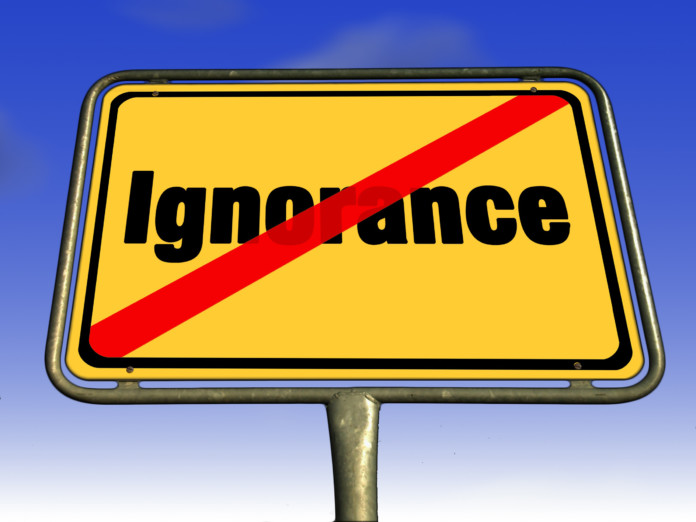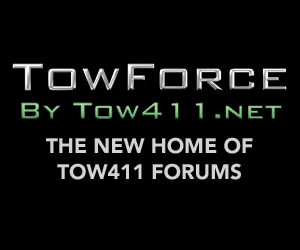As an industry and community, we take insurance claims and the insurance process for granted since we deal with it every day. What we may not realize, or even consider, is that a vehicle owner may have no experience at all when dealing with a wrecked or damaged vehicle and have no idea how the system works.
I will give you a case in point: My sister bought a nice 2003 Lexus ES300 from a local (small, rural) used car dealer that doubles as a repair shop. She had owned the car for a couple of years before the battery decided to freak out and catch fire. When it did, it burned the wiring harness around the battery, the associated wiring and components and burned a one-foot area into the paint on the hood. We live in different states and don’t talk every day, so she didn’t call me until she was nearly beside herself in frustration and annoyance: She had the shop guy tow her car to his shop and try to make repairs. She then got hit with a $2,800 estimate–and still had no car to drive! That didn’t even count repairing and repainting the hood.
My first thought was, “Don’t you have full coverage?” Yes, she did. I asked her why she didn’t just file a claim, have them tow the car to a dealer or major body shop, and get a rental car. SHE HAD NEVER, AT 55 YEARS OLD, HAD AN INSURANCE CLAIM! She had no idea how it worked, and since she didn’t have a wreck, she thought that something like this wasn’t covered. It was covered, of course, by the comprehensive side of her policy. She called me an hour later and was elated. Her insurance company arranged a rental car, the kind where they pick you up, and they had the car towed to a large local dealer with a body shop, so both the mechanical and cosmetic repairs could be made at the same location. She got her car back two weeks later, and only paid the $100 deductible.
Recently, our company towed a wrecked 2010 Dodge Charger. It was hit on both ends, had pretty good front end damage, and had the rear axle twisted. The next day, the owner’s brother showed up and wanted the car towed to a local shop. He also wanted to pay the bill. He lost his mind when we told him the tow bill was $350 (+/-) and the second tow would be $100. He wanted to negotiate, became angry, and I had to interject.
“Don’t you have full coverage insurance?” I asked. Well, yes, it was his sister’s car, and she didn’t know how to “deal with car stuff,” but evidently, “the brother did” — or so he thought.
We told him to file a claim with her insurance for several reasons. I’ll get to that in a minute. He refused, insisted we were ripping him off, and paid the initial tow bill. He had our competitor tow his car to the small shop to “show us something.” Whatever. He called two days later because his shop guy (with his one-bay, old garage) couldn’t get the car started, and he insisted that it was our fault. We must have done something to his sister’s car when we towed it, because, and get this–”it was running before she wrecked it.”
I asked the guy to come in, and I laid out some information for him. First, you need to be aware of your insurance coverages. Next, you call your insurance company as soon as possible after an accident. That allows them to start the claim process. Next, let them handle the claim. They’ll pay for the accident tow, any storage involved, and the secondary tow. All you pay is your deductible. That’s what insurance is there for. Next, and this is a big one – if you’ve never contacted your insurance company to get them involved, and you take your car to “Bubba’s Garage,” and Bubba throws his hands up, realizing this repair is too big for him – there’s a good chance that you’re on your own at that point. If you never gave your insurance company a chance to get involved, to have an adjuster look at the car, and to authorize repairs, there’s a 99% chance they’re not going to do anything when you contact them with your messed up, basket case of a situation after the fact.
You must realize that if someone has never dealt with this process or had a close friend or family member who has, they likely have no idea how this all works. I hate to assume that anything is totaled, but a 10-year-old car with major front-end damage and the rear axle half-torn out is likely a total loss. They’re paying Bubba to fix a car that needs to be replaced and will likely never be properly repaired.
Now – here’s where you come in as a towing industry professional: You must recognize when someone isn’t up to speed on how insurance works, and that recognition needs to happen at the wreck scene or shortly thereafter. You can calm the situation by saying, “Let your insurance company handle it.” These people may be ignorant to how insurance works, and then you add stress, frustration, anger, and a little shock, and that the person isn’t thinking straight. Be the voice of reason and save yourself a whole lot of heartache in the meantime.










